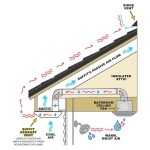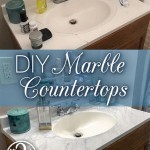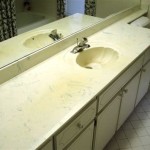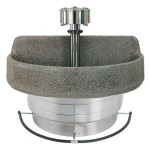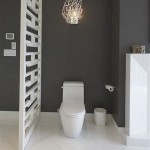What Should I Clean My Bathroom With?
Maintaining a clean bathroom is crucial for both hygiene and aesthetic reasons. From the gleaming surfaces of the sink and tub to the often-overlooked grout lines, each area requires specific cleaning agents and methods for optimal results. Choosing the right products can be overwhelming, especially with the vast array of options available. This article provides a comprehensive guide to the best bathroom cleaning supplies, focusing on effectiveness, safety, and environmental considerations.
All-Purpose Cleaners: The Workhorses of Bathroom Cleaning
All-purpose cleaners are the foundation of any bathroom cleaning routine. They are versatile enough to handle a wide range of surfaces, including sinks, countertops, floors, and walls. These cleaners typically contain a blend of surfactants, solvents, and disinfectants. Surfactants break down dirt and grease, while solvents loosen and dissolve grime. Disinfectants kill bacteria and viruses, ensuring a sanitary environment.
When choosing an all-purpose cleaner, it is crucial to consider its pH level. Cleaners with a neutral pH (around 7) are generally safer for most surfaces, while acidic cleaners (pH less than 7) can be more effective against tough stains but may damage sensitive materials like marble or granite. Additionally, opt for cleaners that are biodegradable and free from harsh chemicals like bleach, ammonia, and phthalates.
Targeted Cleaning Solutions: Tackling Specific Challenges
While all-purpose cleaners are a good starting point, certain areas of the bathroom require specialized cleaning solutions. For example, bathroom fixtures, such as faucets and showerheads, can become mineral-laden due to hard water. To remove these mineral deposits, a dedicated limescale remover is necessary. These products typically contain acidic agents like citric acid or vinegar, which effectively break down calcium and magnesium deposits.
Similarly, cleaning glass shower doors and mirrors requires a product specifically designed for streak-free results. Glass cleaners often contain ammonia, which is highly effective at removing smudges and fingerprints. However, it is essential to avoid spraying ammonia-based cleaners on surfaces that have been treated with certain coatings, as it can cause damage.
Natural and DIY Alternatives: Eco-Friendly Cleaning Options
For those seeking environmentally friendly alternatives, natural cleaning products and DIY solutions offer a sustainable approach to bathroom cleaning. White vinegar is a versatile natural cleaner that can effectively tackle grime, grease, and mineral deposits. It is safe for most surfaces and can be used in combination with baking soda for a more potent cleaning action.
Essential oils like tea tree oil and lavender oil possess antibacterial and antifungal properties, making them ideal for cleaning surfaces and sanitizing the bathroom. Diluted essential oils can be added to homemade cleaning solutions or used directly on surfaces, providing a pleasant scent while effectively cleaning.

How To Clean A Toilet The Right Way Reviews By Wirecutter

How To Clean A Toilet The Right Way Reviews By Wirecutter

How To Clean A Toilet The Right Way Reviews By Wirecutter

14 Bathroom Cleaning S That Ll Give You Omg Before And After Photos

9 Best Bathroom Cleaners Of 2024 Top Cleaning S

How Often Should I Clean My Toilet Big Bathroom

Cleaning Your Bathroom Federal Way Wa House Services

How To Clean A Toilet And Bidet 8 Easy Steps Follow Trusted Since 1922

How To Clean A Bathroom With Acid 2024 Mygate

How Often Should I Clean My Bathroom One Stop Cleaning
Related Posts



